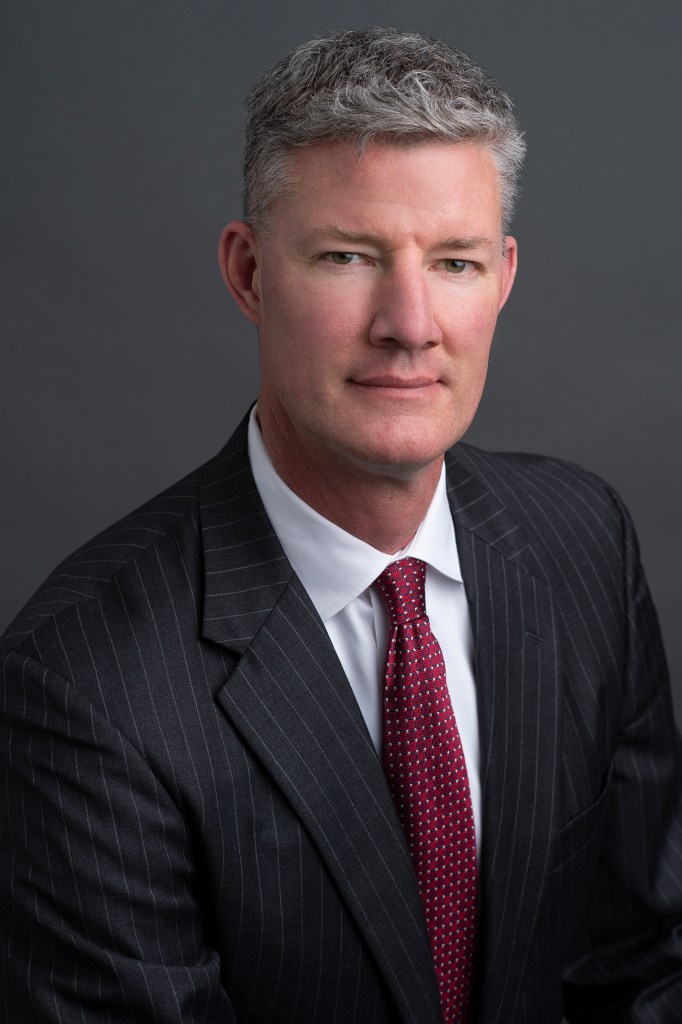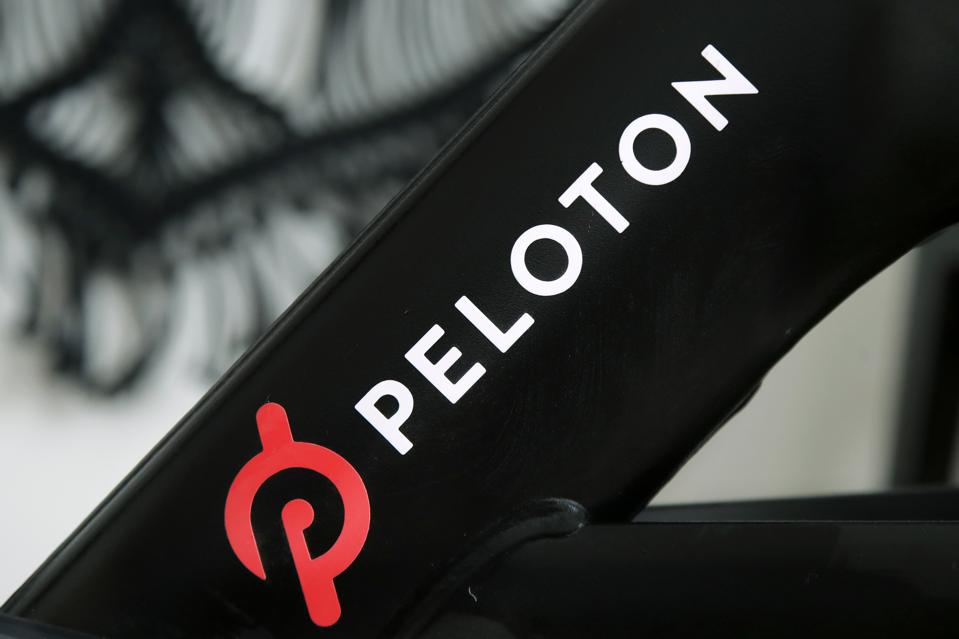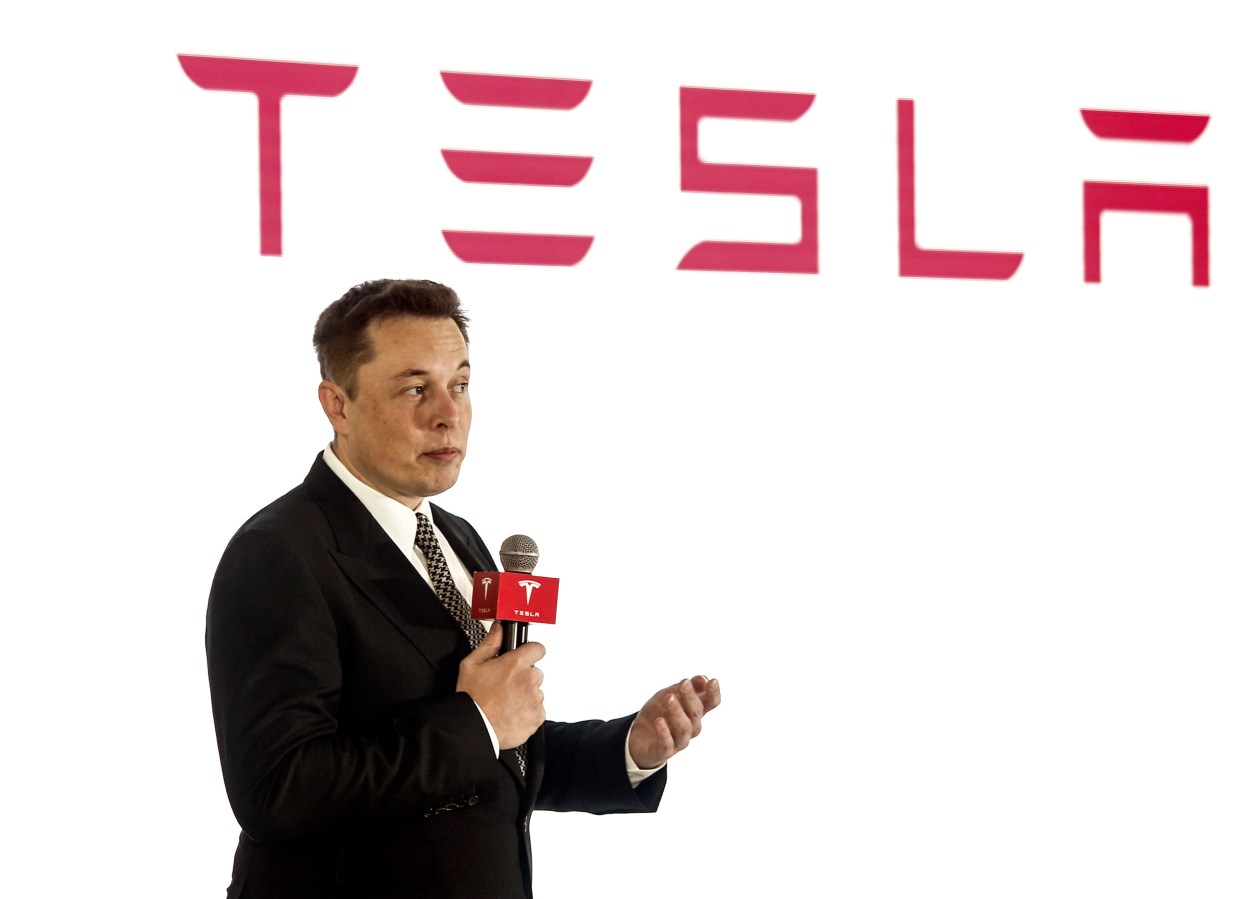Peter Bates tells Forbes Australia how the war in Ukraine has affected his portfolio decisions and why he wants to invest in property in Manly, in Sydney.

Peter Bates is the portfolio manager of the T. Rowe Price Global Select Equity Fund which invests more than US$8 million [1] in a concentrated, style-balanced portfolio of global equities designed to deliver risk-adjusted returns over the entire market cycle through bottom-up stock picking. Since its inception in December 2020, the fund has had a US dollar return of 3.57% as of 31 January 2023.
Bates is an 18-year T. Rowe Price veteran who grew up with the firm’s renowned investment research platform. Before running the strategy, he spent nine years as an industrials research analyst and six years as a global industrials sector portfolio manager. His industrials background has prepared him to navigate market complexity and cyclicality.
Explain your investing strategy and why it’s one to consider in the current environment.
My strategy is to combine the best of conviction stock picking with a focus on risk control. I use portfolio construction to ensure sufficient diversification to reduce risk caused by style or cyclical tilts.
We focus on our best ideas of 30 to 40 durable and resilient companies of the 1,431 stocks in the MSCI World Index ex-Australia index that have clear reasons to continue to thrive. The fund is thoughtfully constructed to be style-balanced and minimise top-down macroeconomic influences. While we need to be aware of how macroeconomic conditions impact companies, we focus on a company’s ability to execute and improve and invest when the potential return appears favourable relative to the risk. So, that alpha is driven by our active stock picking rather than the pathway of the US Federal Reserve, market cycles or investment styles.
Our biggest competitive advantage is our investment research platform, through which we identify companies that fall under three buckets: cyclicals and turnarounds, steady growth, and disruptors. We also apply ESG lenses when selecting companies as we believe that ESG creates disruptions and optimises innovation. Our ESG research helps me to layer in considerations that are less apparent in financial statements, like supply chain risk, environmental regulatory risk, governance factors, and competitive advantages borne from successful diversity and inclusion strategies.
What are the biggest challenges investors face in the next 12 months?
Global equity markets continue to be driven by challenging macroeconomic dynamics, with inflation remaining stubbornly high, leading developed central banks to aggressively raise interest rates to moderate inflation and drain excess liquidity from markets. Correctly calling the macro is very difficult, and doing this repeatably is even more challenging. The Fed’s ability to manage down inflation without causing a recession is open to debate, and I believe there’s a high level of uncertainty surrounding whether they can do this. Therefore, I focus on maintaining portfolio balance to win relative to my benchmark regardless of what happens with the macro economy later this year and in 2024. I do this by pricing risk and owning areas of the market that are cheap such as semiconductors, and avoiding areas of the market that are expensive, such as industrial machinery.
Given recession risk is high within the next 12 months, why should investors own stocks at all?
First, a recession is not certain, and it only happens about once every seven to 10 years. If you exit equities and there is no recession, there will be a high opportunity cost because stocks are likely to appreciate. Second, even if we have a recession because the Fed raises rates, which hurts demand but ultimately lowers inflation, I believe overall economic fundamentals are healthy. We can have a strong recovery once inflation is tamed. By owning equities that offer good risk-adjusted returns, you can still do okay even in a recession and then make a lot of money from it. I firmly believe equities are still the best place to create wealth long term.
How do you set yourself up for success in your working day?
I start my day by exercising and spending some quiet time reading daily scriptures. Exercising is a great stress relief, and I believe you can’t be sharp mentally if you are not sharp physically.
I then check in on the markets. If there’s stock-specific news and I need help interpreting it, I will check in with our research analyst. In my opinion, the value that our global research platform brings in sharing differentiated views on the markets and companies is unrivalled. Working collaboratively with them has enabled my success and is critical to the future success of the T. Rowe Price Global Select Equity Strategy. Each investment I make has already been thoroughly researched by an in-region analyst and vetted by sector and regional portfolio managers.
What is one thing you would never do again regarding investing?
Underestimating Russia’s invasion of Ukraine. The war and its magnitude and aggression of it were a surprise. It presents lasting implications for commodities and markets. I have subsequently adjusted the portfolio to account for these lasting implications created by the war.
If you could invest in anything yourself today, what would you invest in and why?
I’d love to invest in a property in Manly! I was lucky to manage a weekend visit on a recent business trip to Sydney from chilly Baltimore, where I am based. I don’t think there are many places in the world where one can live in a great beach community and be only a 20-minute boat ride away from central downtown. I look forward to visiting again as I plan to travel to Australia more often to meet with investors and industry professionals.
[1] As of 31 January 2023. Sourced from company website on 3 March 2023.
[2] Gross of fees. As of 31 January 2023. Sourced from company website on 3 March, 2023.
This article should not be regarded as the provision of advice of any nature from Forbes Australia or from the interviewee, or from T. Rowe Price. The article is intended to provide general information only and does not take into account your individual objectives, financial situation or needs. Past performance is not necessarily indicative of future performance. You should seek independent financial and tax advice before making any decision based on this information, the views or information expressed in this article.
Look back on the week that was with hand-picked articles from Australia and around the world. Sign up to the Forbes Australia newsletter here.


